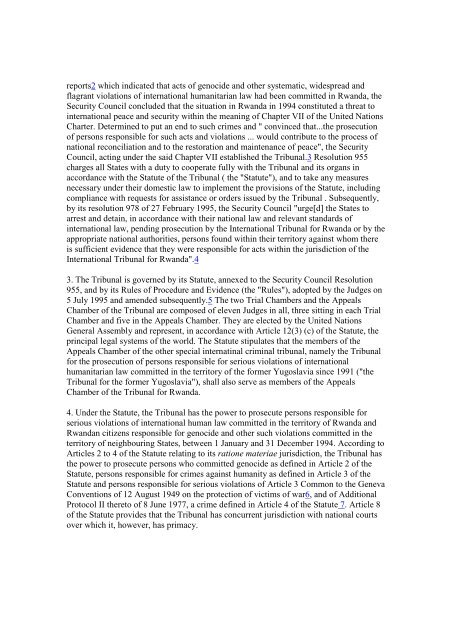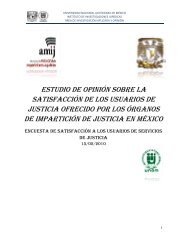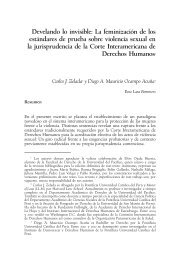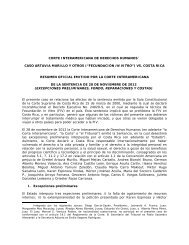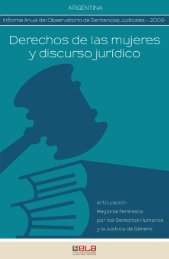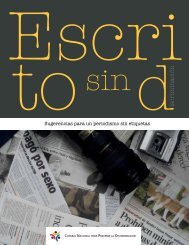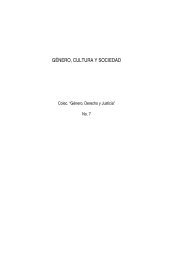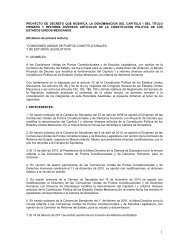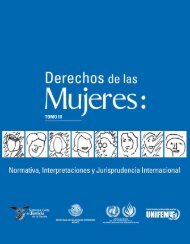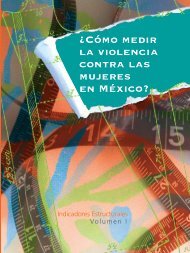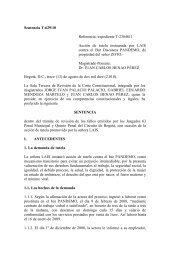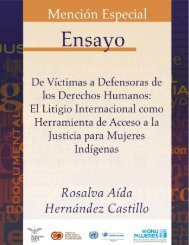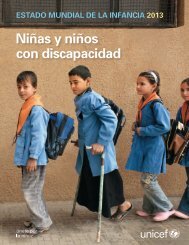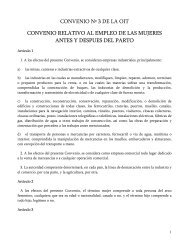Case No. ICTR-96-4-T - International Criminal Tribunal for Rwanda
Case No. ICTR-96-4-T - International Criminal Tribunal for Rwanda
Case No. ICTR-96-4-T - International Criminal Tribunal for Rwanda
- No tags were found...
Create successful ePaper yourself
Turn your PDF publications into a flip-book with our unique Google optimized e-Paper software.
eports2 which indicated that acts of genocide and other systematic, widespread andflagrant violations of international humanitarian law had been committed in <strong>Rwanda</strong>, theSecurity Council concluded that the situation in <strong>Rwanda</strong> in 1994 constituted a threat tointernational peace and security within the meaning of Chapter VII of the United NationsCharter. Determined to put an end to such crimes and " convinced that...the prosecutionof persons responsible <strong>for</strong> such acts and violations ... would contribute to the process ofnational reconciliation and to the restoration and maintenance of peace", the SecurityCouncil, acting under the said Chapter VII established the <strong>Tribunal</strong>.3 Resolution 955charges all States with a duty to cooperate fully with the <strong>Tribunal</strong> and its organs inaccordance with the Statute of the <strong>Tribunal</strong> ( the "Statute"), and to take any measuresnecessary under their domestic law to implement the provisions of the Statute, includingcompliance with requests <strong>for</strong> assistance or orders issued by the <strong>Tribunal</strong> . Subsequently,by its resolution 978 of 27 February 1995, the Security Council "urge[d] the States toarrest and detain, in accordance with their national law and relevant standards ofinternational law, pending prosecution by the <strong>International</strong> <strong>Tribunal</strong> <strong>for</strong> <strong>Rwanda</strong> or by theappropriate national authorities, persons found within their territory against whom thereis sufficient evidence that they were responsible <strong>for</strong> acts within the jurisdiction of the<strong>International</strong> <strong>Tribunal</strong> <strong>for</strong> <strong>Rwanda</strong>".43. The <strong>Tribunal</strong> is governed by its Statute, annexed to the Security Council Resolution955, and by its Rules of Procedure and Evidence (the "Rules"), adopted by the Judges on5 July 1995 and amended subsequently.5 The two Trial Chambers and the AppealsChamber of the <strong>Tribunal</strong> are composed of eleven Judges in all, three sitting in each TrialChamber and five in the Appeals Chamber. They are elected by the United NationsGeneral Assembly and represent, in accordance with Article 12(3) (c) of the Statute, theprincipal legal systems of the world. The Statute stipulates that the members of theAppeals Chamber of the other special internatinal criminal tribunal, namely the <strong>Tribunal</strong><strong>for</strong> the prosecution of persons responsible <strong>for</strong> serious violations of internationalhumanitarian law committed in the territory of the <strong>for</strong>mer Yugoslavia since 1991 ("the<strong>Tribunal</strong> <strong>for</strong> the <strong>for</strong>mer Yugoslavia"), shall also serve as members of the AppealsChamber of the <strong>Tribunal</strong> <strong>for</strong> <strong>Rwanda</strong>.4. Under the Statute, the <strong>Tribunal</strong> has the power to prosecute persons responsible <strong>for</strong>serious violations of international human law committed in the territory of <strong>Rwanda</strong> and<strong>Rwanda</strong>n citizens responsible <strong>for</strong> genocide and other such violations committed in theterritory of neighbouring States, between 1 January and 31 December 1994. According toArticles 2 to 4 of the Statute relating to its ratione materiae jurisdiction, the <strong>Tribunal</strong> hasthe power to prosecute persons who committed genocide as defined in Article 2 of theStatute, persons responsible <strong>for</strong> crimes against humanity as defined in Article 3 of theStatute and persons responsible <strong>for</strong> serious violations of Article 3 Common to the GenevaConventions of 12 August 1949 on the protection of victims of war6, and of AdditionalProtocol II thereto of 8 June 1977, a crime defined in Article 4 of the Statute 7. Article 8of the Statute provides that the <strong>Tribunal</strong> has concurrent jurisdiction with national courtsover which it, however, has primacy.


